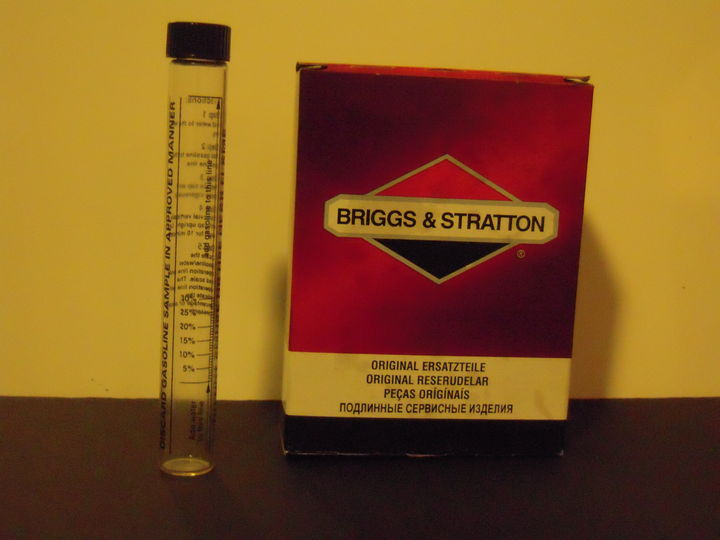Why are boats having more problems than automotives? Cars are tolerant due to their enclosed/sealed fuel system and usage. Boats fuel tanks are ventilated, larger in capacity, operated, and mostly stored in a wet environment.
Ethanol molecules are more attracted to water than gasoline. When water (H2O) is not present, ethanol and gasoline bond. But, if water (H2O) is present, then phase separation, ethanol molecules detach from gasoline molecules and attach to water (H2O) molecules, occurs. Water (H2O) and ethanol will settle at the bottom of the fuel tank and the remaining gasoline at the top of the tank will have a lower octane level, possibly delivering less power to the engine than recommended.
In order to avoid phase separation, most marinas have become proactive. Marinas are treating fuel to prevent phase separation by controlling moistures, preventing corrosion, reducing octane loss, and carbon clean-up. Boaters should fuel at marinas. If boaters decide to fuel at a local gasoline station, then they should add fuel additives before fueling. There are many fuel additives claiming to be the best solution to treating ethanol. Boaters should consult their engine manufacturer before adding fuel additives to their boat.
Other preventive steps in treating ethanol:
- Install a 10 micron fuel filter, change every 25 hours
- Purchase gasoline at major gasoline distributors
- Purchase gasoline from the same source, if possible
- Use high octane fuel, at least 89-grade
- Keep your fuel tank 7/8 full to minimize air space
- Do not mix fuel additives
- Test your fuel to verify the amount, percentage of ethanol in fuel
- Inexpensive Test Kit: Google: “Briggs & Stratton 100023”: see picture below
Therefore, in order to prevent costly repairs, boat owners should be aware of this silent intruder in engines. Boat owners should service their engines by following the boat’s maintenance schedule and take the necessary steps to maintain ethanol in its best working environment. For additional information, visit your engine’s manufacturer’s website.
J A Outboard Service
Reference: 2009 Marine Technical Guide
Copyright 2008 by Yamaha Motor Corporation, U.S.A.
November 2008




